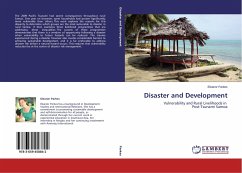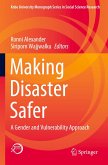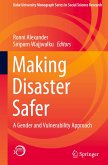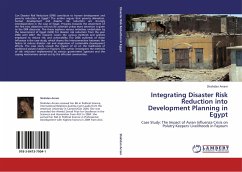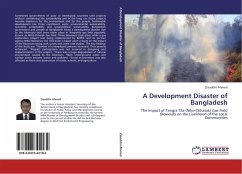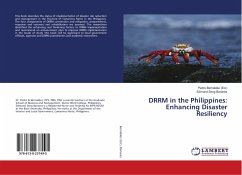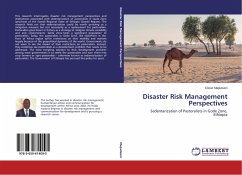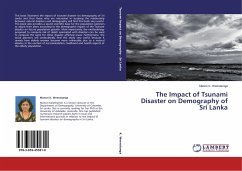The 2009 Pacific Tsunami had severe consequences throughout rural Samoa. One year on however, some households had proven significantly more vulnerable than others. This work explores the reasons for this disparity to determine which groups are the most vulnerable to disaster in rural Samoa. It then examines three livelihood programmes that are addressing these inequalities. The success of these programmes demonstrates that there is a window of opportunity following a disaster when vulnerability to future hazards can be reduced. The trauma experienced during a disaster however also creates considerable barriers to achieving sustainable development, and it is far preferable to address disaster risk before a natural hazard occurs. This requires that vulnerability reduction be at the centre of disaster risk management.
Bitte wählen Sie Ihr Anliegen aus.
Rechnungen
Retourenschein anfordern
Bestellstatus
Storno

